Downloaded from www.mymenopausecentre.com
Direct URL: https://www.mymenopausecentre.com/symptoms/difficulty-concentrating/
Menopause and difficulty concentrating
Difficulty concentrating is common, and can be caused by the direct effects of low oestrogen on brain function. It can be connected to low mood, anxiety, stress and fatigue.
Explore
Book an appointment
The highly experienced doctors and nurses in our menopause clinic are here to help you. Appointments from £190.
Book An AppointmentIf you would like to learn more about the impact of your symptom(s) complete our free online menopause questionnaire here.
What is menopause-related difficulty with concentrating?
Difficulty with concentrating and issues with memory are common symptoms of the menopause, but many women don’t connect the dots. It can seem as if your brain just isn’t working like it used to. This can be debilitating and knock your confidence and faith in your ability to function.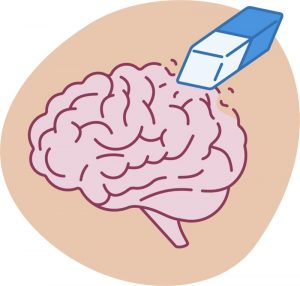
Difficulty concentrating is linked to the menopause symptoms of brain fog and forgetfulness, and all of these can, in turn, lead to you feeling stressed, anxious, and experiencing mood swings.
If you’re also suffering from hot flushes and night sweats, as well as a range of other physical symptoms of the menopause, these can lead to worry and stress, again making it difficult to focus on other tasks.
Like most menopause symptoms, difficulty concentrating should pass. However, while you’re waiting, the knock-on effects on your life can be significant.
What causes difficulties with concentrating?
Difficulty with concentrating is closely linked to other menopause symptoms, particularly psychological ones such as anxiety and depression. Changes in brain function are often directly caused by changes in your hormone levels:
- Different parts of the brain are essential for various functions. For example, some take care of memory while others regulate mood. There are oestrogen receptors in many regions of the brain, and oestrogen helps different areas of the brain to communicate with each other.
- When oestrogen levels are going up and down, or are low, memory, brain function and mood can all be affected. Studies have shown that, for some women, low oestrogen can be linked to lower brain performance[1].
- Oestrogen isn’t the only hormone involved – testosterone, cortisol and a brain protein called monoamine oxidase A, plus others, are also likely to play a role in mood changes and brain functioning. During perimenopause and the menopause, you may feel more stressed or anxious. This can cause your cortisol levels to rise, which can interfere with how well your brain functions.
Don’t forget that life events can be distracting and knock your concentration. Issues with work, family, ageing parents, relationships and so on can all play their part. Add menopausal changes in brain function to the mix, and it’s no wonder your brain isn’t necessarily at its best.
So, there are real, biochemical reasons why you’re finding it difficult to focus. The good news is that it’s doubtful that you have early dementia or are going mad, which is a concern many women express when they come to us.
How many women typically experience difficulties concentrating?
In research conducted by the British Menopause Society, almost 40% of the women interviewed reported memory and concentration issues as they go through the menopause[2].
In another survey conducted amongst women at work during the menopause transition, over 50% reported low concentration, tiredness, and poor memory as the menopause symptoms that impact them most at work[3].
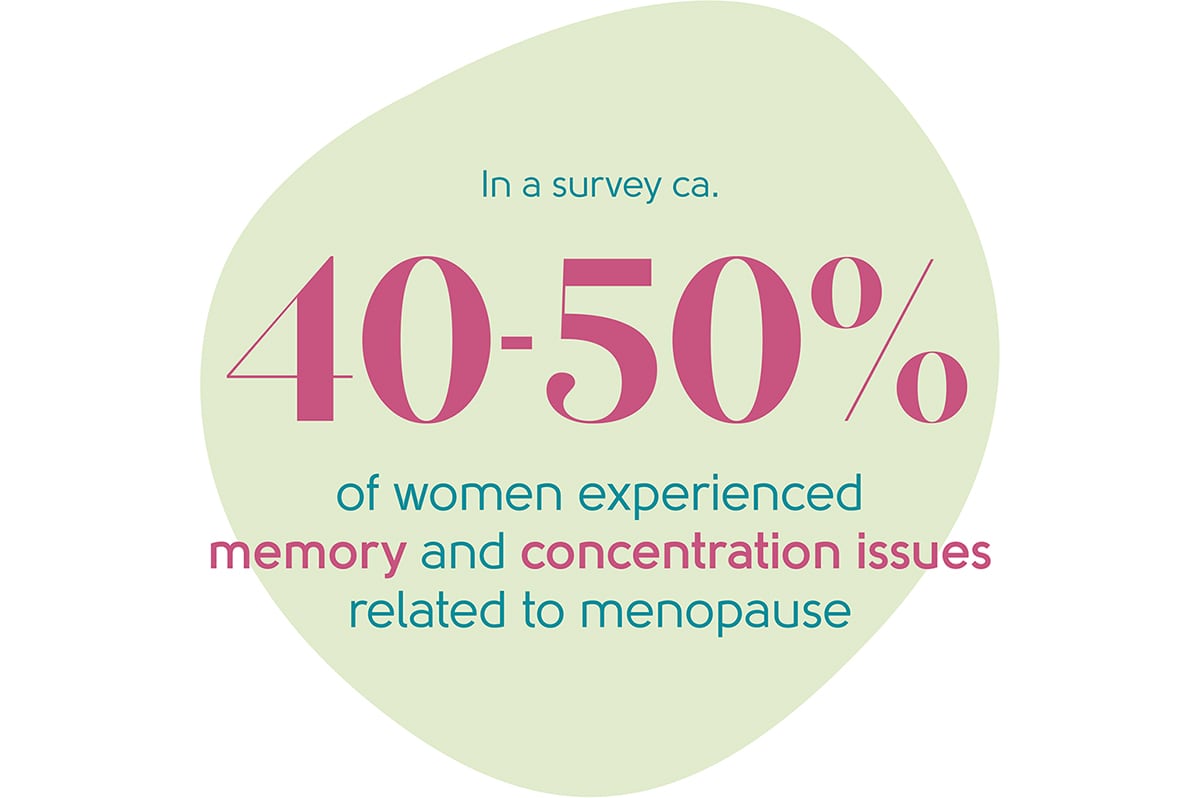
Is difficulty with concentration linked to any particular stage of the menopause?
Like any menopause-related change in brain function, loss of concentration can occur at any stage of the menopause.
How can difficulty concentrating be treated?
Strategies to help with your concentration are similar to those that help with memory loss and brain fog.
Sleep
Try to get plenty of quality sleep. Difficulty concentrating can be connected to lack of sleep or poor quality sleep. See our information on sleep and try to work out what’s keeping you awake. If it’s hot flushes, look at ways of managing them.
Exercise
There’s evidence that exercise can help brain function. So while it may be the last thing you feel like doing, just putting on your trainers and walking for five or ten minutes in the TV ad breaks or while listening to a podcast can help you feel better.
Our friends at Her Spirit can help find an activity for you and provide the support to do it.
Diet
There isn’t a single best diet or food for brain function, but make sure your diet is rich in oily fish, fruit, and vegetables. Keep sugar intake low and avoid excess alcohol.
You can learn more through our nutrition partner, Joanne.
Managing stress
The more you worry about your ability to concentrate, the more anxious or stressed you get, and the worse it can become. Try to challenge any unhelpful, negative thoughts. Understanding why you feel so distracted can help, as can finding ways to work around it.
For example, if you know you have a difficult task to do, find a time when you’re feeling more relaxed and less tired, or time-pressured.
Cognitive Behavioural Therapy (CBT) can help you challenge negative thinking and help you break out of the vicious cycle. If you’d like to learn more about CBT, our coaching partners Sue and Claire will be happy to help.
Find time to relax
Make time to ‘switch off’. Whatever you like to do to relax, build some time into your day to do it, and don’t feel guilty about it. Switching off from time to time can relieve stress and decrease the stress hormones that can affect brain function.
Develop your own coping strategies
Embrace reminders, notes, and lists sections on your phone or other electronic devices. Make lists and tick things off – there’s nothing quite so satisfying!
Brain activities
Keeping your brain active can help with difficulty concentrating. Have you thought about crosswords, sudoku, reading, or perhaps learning a new hobby or skill that interests you?
The world is your oyster – there are many ways to keep your brain active.
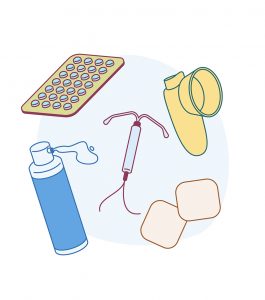 Hormone Replacement Therapy (HRT)
Hormone Replacement Therapy (HRT)
HRT can improve your sense of wellbeing, help you to feel better and improve energy, concentration, and memory. It can improve physical and psychological symptoms that can interfere with brain function – for example, hot flushes at night that keep you awake.
You may feel anxious about taking HRT because of the well-publicised (small) risks, particularly of breast cancer. In reality, these risks are tiny for most women. Lifestyle factors, such as how much you weigh and how much alcohol you drink, can have a greater impact on your risk of breast cancer than HRT. For most women, the benefits of menopause symptom control, reduction in risk of osteoporosis and heart disease far outweigh any small risks.
You can find out more about HRT here.
Testosterone
This seems to be important for some women. Although testosterone isn’t licenced for this purpose, it can be prescribed, usually by menopause specialists. Find out more about testosterone here.
See a doctor
Talk to your GP if your symptoms are getting worse or are worrying you. Difficulty concentrating can be a symptom of these medical conditions:
- Thyroid disease
- Depression
- Cardiovascular disease
- Head trauma
- Abnormal blood calcium levels
- Liver disease
- Stress
- Drug and alcohol abuse
- Low vitamin B6 and B12
- Some medications
What next?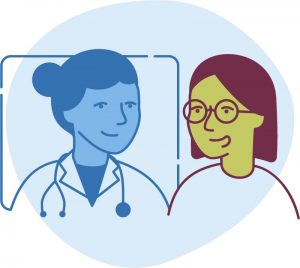
If you’re worried about difficulty concentrating, you should see your GP. To talk about this symptom in the context of the menopause, book an appointment with our menopause clinic.
If you think you may be experiencing symptoms of the menopause transition, you can learn more with our symptom checker or by taking our Menopause Questionnaire.
You can also find more information about the menopause transition at the British Menopause Society and the National Institute for Health and Care Excellence.
Authored by:
Dr Clare Spencer
Registered menopause specialist, GP and co-founder; see Dr Clare in person at The Spire Hospital, Leeds or online
Last updated:
07/04/2021
Book an appointment
The highly experienced doctors and nurses in our menopause clinic are here to help you. Appointments from £190.
Book An AppointmentLearn more
Join the pause. community
We’ve created pause. as a space for women to come together and share stories about their menopause experience, ask questions, and to find support and inspiration. We'll also share the latest news and updates on the menopause from our experts.
Want to be the first to hear our latest news? Join our pause. community today.
Share your email to receive the latest news, updates and information on new products and treatments from My Menopause Centre and our pause. community. You can unsubscribe at any time.
We're committed to protecting and respecting your privacy - see our Privacy Policy and Terms and Conditions

Book a consultation
Whether you want to discuss your symptoms, create a treatment plan that's right for you, understand some test results or have a check-up, the highly experienced doctors and nurses in our menopause clinic are here to help you.
Book nowReferences
-
Source: Ali SA, Begum T, Reza F. Hormonal Influences on Cognitive Function. Malays J Med Sci. 2018;25(4):31-41. doi:10.21315/mjms2018.25.4.3
-
Source: Survey of women aged 45-65 Currie H, Moger SJ. Menopause – Understanding the impact on women and their partners. Post Reproductive Health. 2019;25(4):183-190.
-
Source: Griffiths A, MacLennan SJ, Hassard J. Menopause and work: an electronic survey of employees’ attitudes in the UK. Maturitas. 2013 Oct;76(2).
Contact My Menopause Centre
- General enquiries: hello@mymenopausecentre.com
- Book appointments online: Log into your account and go to 'My appointments'
- Book appointments by phone: 0333 444 1067
- Website: https://www.mymenopausecentre.com




















